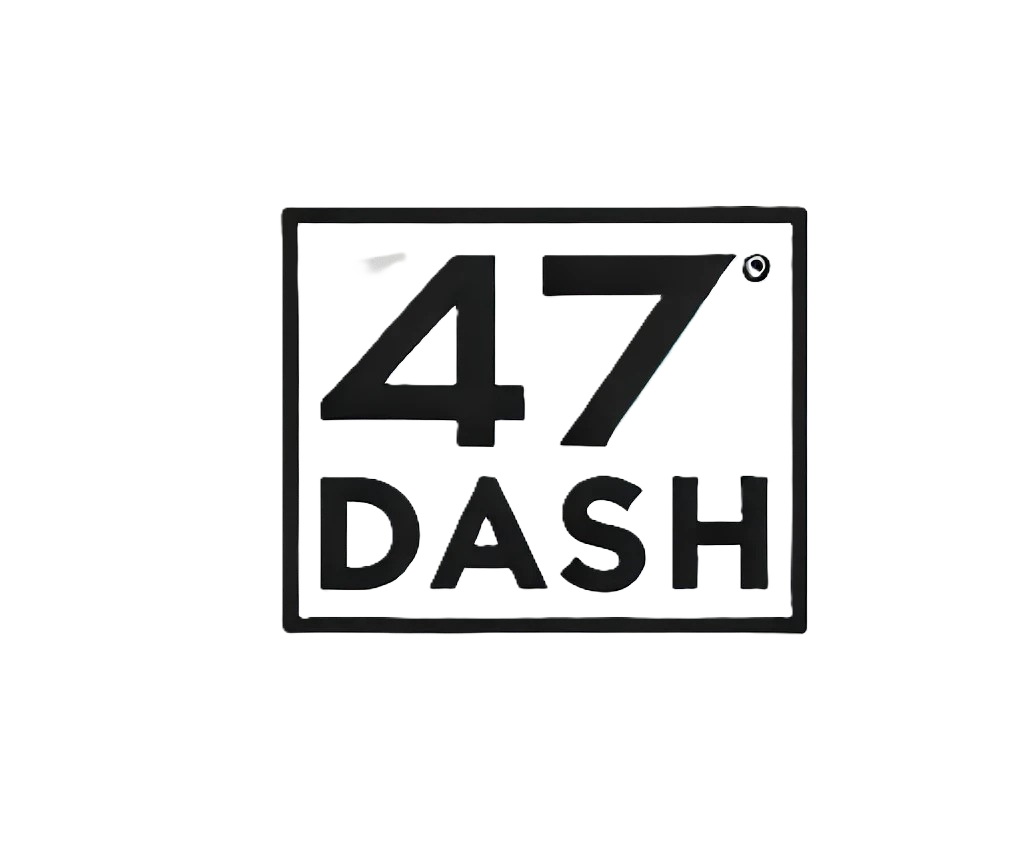Blog
Ethereum: What can you do with the private key?
Ethereum: What Can You Do with Your Private Key?
As a Bitcoin owner, it’s essential to understand the security measures in place to protect your private key. Even if you’re using a secure wallet or following best practices for storing cryptocurrencies, there are still potential risks associated with having access to your private key.
What is a Private Key?
A private key is a unique code used to unlock and manage Bitcoin transactions on the blockchain. It’s like a digital password that allows you to interact with your Bitcoin wallet and receive payments.
Why Is Your Private Key Important?
Your private key is crucial for several reasons:
- Transaction verification: To validate and process Bitcoin transactions, the miner needs access to your private key.
- Wallet management: You need your private key to transfer Bitcoins from one address to another or to create new wallet addresses.
- Security breaches
: If someone gains unauthorized access to your private key, they can potentially steal all your Bitcoins.
What happens if someone gets your private key?
If you lose, steal, or accidentally share your private key, it’s game over for your Bitcoin wallet. A stolen private key allows hackers to:
- Transfer and sell Bitcoins: Hackers can transfer Bitcoins from one address to another using the compromised private key.
- Create new wallets and addresses: They can create new wallets and addresses, allowing them to access your Bitcoins without needing your private key.
- Steal sensitive information: In some cases, hackers might try to obtain sensitive information related to your wallet, such as your Bitcoin balance or transaction history.
How to Protect Your Private Key
To minimize the risks associated with having a private key, follow these best practices:
- Use a secure wallet: Choose a reputable and well-maintained wallet service that offers robust security features.
- Keep your private key safe: Store your private key in a secure location, such as a Hardware Wallet or a password-protected file.
- Use two-factor authentication (2FA): Enable 2FA whenever possible to add an extra layer of security to your wallet.
- Monitor your wallet activity: Regularly check your wallet’s transaction history and activity to detect any suspicious patterns.
Ethereum Wallet Security
As a user of Ethereum, you may also be interested in learning about the security measures in place for this popular blockchain platform. Here are some additional types:
- Use a secure Ethereum wallet: Choose a reputable and well-maintained wallet service that offers robust security features.
- Keep your private key safe: Store your private key in a secure location, such as a Hardware Wallet or a password-protected file.
- Enable 2FA: Enable 2FA whenever possible to add an extra layer of security to your Ethereum account.
Conclusion
Your private key is a critical component of securing your Bitcoin and Ethereum wallet. By following best practices for storing sensitive information and protecting your wallet from security breaches, you can minimize the risks associated with having access to your private key. Remember to stay vigilant and regularly monitor your wallet activity to ensure your Bitcoins are safe and secure.

